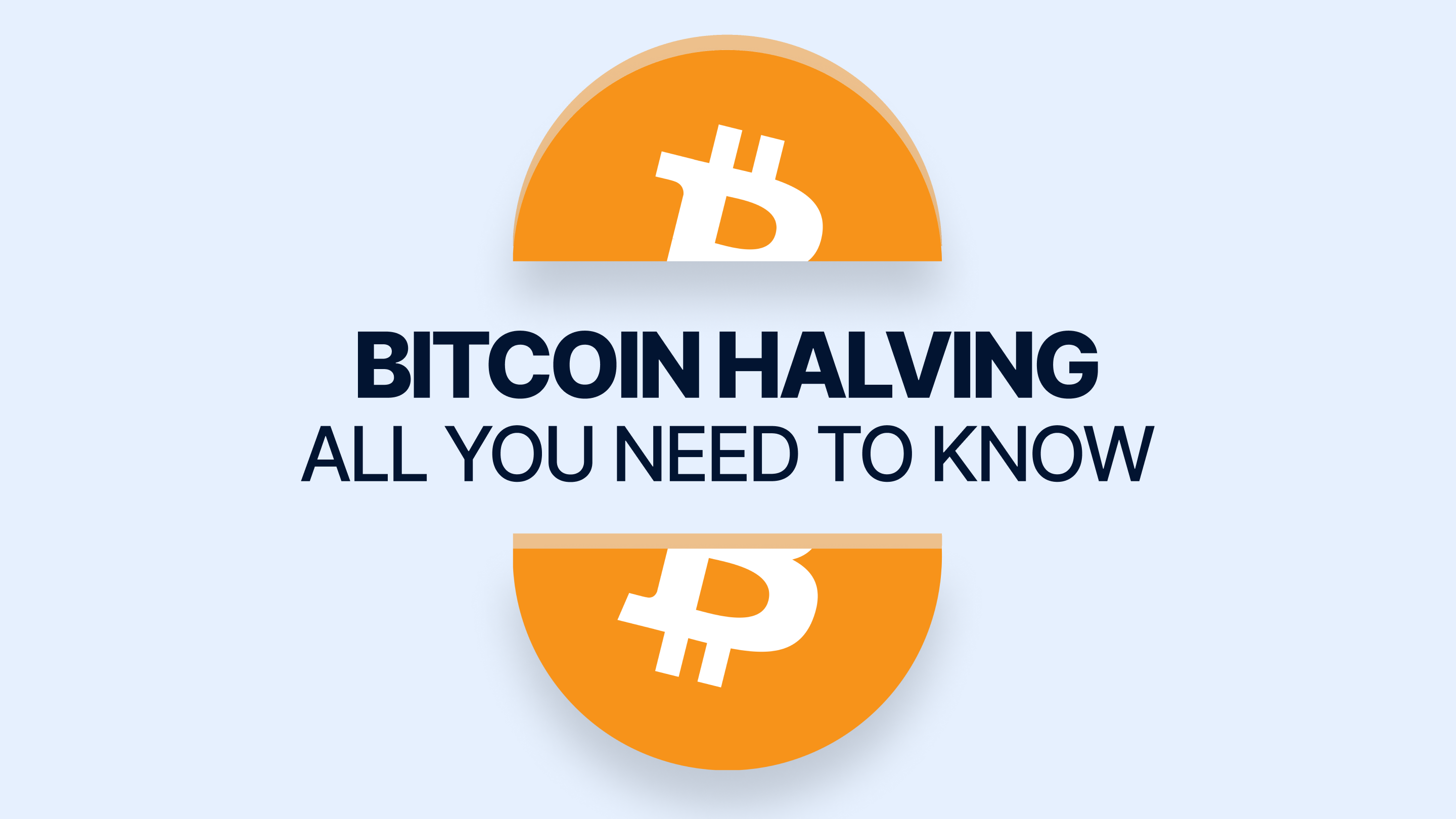In this article, we’ll simply explain all the differences between Bitcoin (BTC), Bitcoin Cash (BTC), and Bitcoin SV (BSV), as well as all the key attributes that make them completely standalone cryptocurrencies.
BTC vs. BCH vs. BSV: What is the difference?
The main difference between BTC, BSV, and BCH is that BTC is the original ecosystem that was first forked to create BCH, which was also later split to create BSV. Essentially, all three aim to fulfill the original vision outlined in 2008 by Satoshi Nakamoto in the Bitcoin Whitepaper, but all do it according to their own interpretation.
Bitcoin (BTC) is the original blockchain launched by the author, however, founders of Bitcoin Cash (BCH) argue that it diverged too much from the initial intention and purpose, hence their adjusted version is needed. Similarly, Bitcoin SV (BSV) communicates that even Bitcoin Cash’s updates aren’t enough, and their additions are, in fact, needed to bring Satoshi’s vision to life.
The main difference between BTC, BSV, and BCH is that BTC is the original ecosystem that was first forked to create BCH, which was also later split to create BSV.
About Bitcoin (BTC)
Bitcoin (BTC) is the first modern day, fully decentralized cryptocurrency that is secured and run with blockchain technology’s help. It was established in 2008 by Satoshi Nakamoto, whose real identity is unknown to this day, as a global, peer-to-peer financial system. The ideas outlined in the original Bitcoin Whitepaper form the very foundation of the crypto industry, including the computation-based consensus mechanism called Proof-of-Work (PoW) that ensures security, distributed, publicly viewable, distributed ledgers that record and store all transactions that have ever occurred on networks, and many more. BTC, the native coin of the Bitcoin ecosystem, was originally used mainly for person-to-person transactions, but with time, it evolved to be more of a store of value crypto, thanks to its limited supply at 21,000,000, as well as increasing mining difficulty and climbing network fees.
About Bitcoin Cash (BCH)
Bitcoin Cash (BCH) is a hard fork of Bitcoin that happened in 2017. A hard fork basically means that an ecosystem splits, because a considerable amount of its members disagree with the direction it’s headed. Aiming to correct its flaws, they create their own version of the ecosystem, that departs from, ‘forks’ from, the original blockchain. This is exactly what went down with Bitcoin Cash (BCH), which is essentially a low-cost, globally usable, peer-to-peer transactional ecosystem. It is fully decentralized, and run on a blockchain, but with considerably lower fees and faster processing than Bitcoin (BTC).
About Bitcoin SV (BSV)
Bitcoin SV (BSV) is a fork of Bitcoin Cash (BCH), which not only introduced even lower fees and faster transactions than the two other networks, but also brought smart contracts, Non-Fungible Tokens (NFTs), and many more additional solutions to its ecosystem. It’s said to be still operating based on the original principles of the Bitcoin Whitepaper, but with a considerably more environmentally friendly ecosystem.
Final thoughts
Bitcoin is almost synonymous with cryptocurrencies, but not many know that there are more versions of it out there. Now you’re one of the few who not only do, but can tell apart Bitcoin (BTC) from Bitcoin Cash (BCH), and Bitcoin SV (BSV). The real question you should ask yourself at this point is: which one’s views do you agree with?
PREGUNTAS FRECUENTES
Este artículo contiene enlaces a sitios web de terceros u otros contenidos únicamente con fines informativos ("Sitios de Terceros"). Los Sitios de Terceros no están bajo el control de Swaps, y Swaps no es responsable del contenido de ningún Sitio de Terceros, incluyendo sin limitación cualquier enlace contenido en un Sitio de Terceros, o cualquier cambio o actualización de un Sitio de Terceros. Swaps le proporciona estos enlaces sólo para su comodidad, y la inclusión de cualquier enlace no implica el respaldo, aprobación o recomendación por parte de Swaps del sitio ni ninguna asociación con sus operadores. Este artículo está destinado a ser utilizado y debe ser utilizado únicamente con fines informativos. Es importante realizar su propia investigación y análisis antes de tomar cualquier decisión material relacionada con cualquiera de los productos o servicios descritos. Este artículo no pretende ser ni debe interpretarse como asesoramiento financiero. Los puntos de vista y opiniones expresados en este artículo son del autor [de la empresa] y no reflejan necesariamente los de Swaps.


.jpg)



